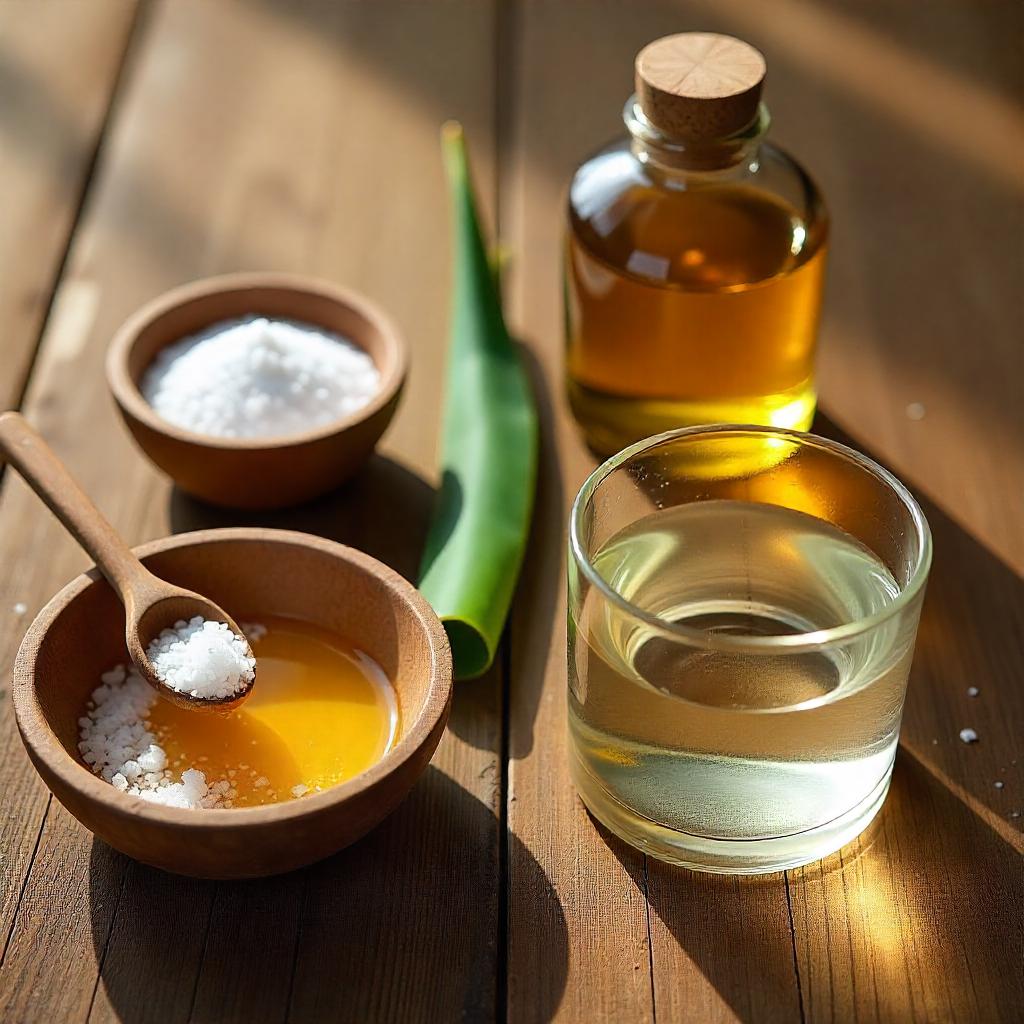Mouth ulcers, commonly referred to as canker sores, are small lesions that develop on the soft tissues inside your mouth. While they’re usually harmless, these painful sores can interfere with eating, drinking, and speaking. Knowing the causes and best treatments can help alleviate discomfort quickly and prevent future occurrences. Below, we’ll explore the latest insights into what causes mouth ulcers and the most effective ways to treat them.
What Are Mouth Ulcers?
Mouth ulcers are round or oval sores typically found on the inner cheeks, lips, gums, or tongue. They have a white or yellow center surrounded by red, inflamed tissue. These ulcers are not contagious, unlike cold sores, and they often resolve on their own within one to two weeks. However, recurring or severe cases may indicate underlying health issues that require attention.

Common Causes of Mouth Ulcers
Understanding the triggers behind mouth ulcers is crucial for effective management. Here are the most common causes:
1. Minor Injuries to the Mouth
Small injuries such as accidental cheek bites, overzealous brushing, or irritation from dental appliances like braces can lead to mouth ulcers. Even sharp or jagged teeth can aggravate the inner lining of the mouth, causing sores to form.
2. Nutritional Deficiencies
A lack of essential nutrients, particularly vitamin B12, iron, zinc, or folic acid, can result in mouth ulcers. These deficiencies weaken your body’s ability to repair damaged tissues, making ulcers more likely to occur.
3. Food Sensitivities
Certain foods, especially spicy, acidic, or salty items, can irritate the mouth’s lining and trigger ulcers. Citrus fruits, tomatoes, and low pH snacks are common culprits.
4. Stress and Hormonal Changes
Prolonged physical or emotional stress weakens the immune system, increasing susceptibility to ulcers. Similarly, hormonal shifts during menstruation or pregnancy can be contributing factors.
5. Underlying Health Conditions
Chronic illnesses such as celiac disease, Crohn’s disease, or Behçet’s disease can manifest as persistent mouth ulcers. Additionally, impaired immune systems from conditions like HIV/AIDS or autoimmune disorders may lead to more frequent outbreaks.
6. Medications
Certain drugs, such as NSAIDs or beta-blockers, may increase the likelihood of developing mouth ulcers as a side effect. Chemotherapy treatments can also lead to a condition known as oral mucositis, which resembles mouth ulcers.
How to Treat Mouth Ulcers
Addressing mouth ulcers effectively involves a combination of symptom management and tackling the underlying causes. Here are some proven treatment methods, updated with the latest insights into ulcer care.
1. Saltwater Rinse
Salt has natural antiseptic and anti-inflammatory properties that soothe sore areas and promote healing.
- How to Use: Mix half a teaspoon of salt into a glass of warm water. Swish the solution around your mouth for 30 seconds before spitting it out. Repeat 3–4 times daily.
2. Apply Honey
Honey is recognized for its soothing and antimicrobial qualities. Studies show that honey can accelerate the healing process of mouth ulcers while reducing pain.
- How to Use: Dab a small amount of raw honey directly onto the ulcer multiple times a day.
3. Over-the-Counter Gels and Mouthwashes
Pharmaceutical products, such as those containing benzocaine or hydrogen peroxide, provide temporary pain relief and help reduce swelling.
- Examples: Look for gels like Orajel, which numb the affected area, or antibacterial mouthwashes to prevent infection.
4. Hydrogen Peroxide Solution
Hydrogen peroxide cleans the sore and prevents bacterial infection.
- How to Use: Dilute 3% hydrogen peroxide with equal parts water. Apply it to the ulcer using a cotton swab or rinse your mouth gently.
5. Boost Your Nutrition
Ensure your body is getting the nutrients it needs by incorporating iron, zinc, vitamin B12, and folate into your diet.
- Rich Sources: Eggs, leafy green vegetables, salmon, nuts, and whole grains are excellent choices.
6. Aloe Vera
Aloe vera gel is well-known for its anti-inflammatory and soothing properties.
- How to Use: Apply fresh aloe vera gel to the sore or rinse your mouth with aloe vera juice twice daily.
7. Coconut Oil
Coconut oil is effective in reducing inflammation and preventing bacterial growth.
- How to Use: Dab a small amount of organic coconut oil directly on the sore several times a day.
8. Avoid Triggers
Identify and eliminate personal triggers such as specific foods or habits like teeth grinding. Switching to a soft-bristled toothbrush and avoiding toothpaste with sodium lauryl sulfate (SLS) can also help.

Preventing Mouth Ulcers
While treatments can alleviate pain and accelerate healing, prevention is key to reducing the frequency of mouth ulcers.
1. Maintain Good Oral Hygiene
Brush gently using a soft-bristled toothbrush and clean your mouth thoroughly twice a day. Floss daily to remove plaque buildup without irritating gums.
2. Manage Stress Levels
Regularly engage in relaxing activities like yoga, meditation, or even a short daily walk to reduce stress.
3. Stay Hydrated
Drink adequate water throughout the day to keep your mouth moist and support tissue repair. Dehydration can exacerbate mouth ulcers.
4. Eat a Balanced Diet
Focus on a nutrient-rich diet to avoid deficiencies that can cause ulcers. Incorporate a mix of fresh fruits, vegetables, lean proteins, and whole grains into your meals.
5. Regular Dental Checkups
Attend routine dental visits to detect and address potential issues before they worsen. Dentists can also provide personalized advice if you experience recurring ulcers.
When to See a Doctor
Although most mouth ulcers heal within one to two weeks, some may require professional treatment. See a healthcare provider if:
- The ulcer lasts for more than two weeks.
- You experience significant pain or difficulty eating and speaking.
- Additional symptoms like fever or swollen lymph nodes accompany the ulcers.
- Ulcers recur frequently without an apparent cause.
Chronic or severe ulcers might signal an underlying health problem that needs attentive care.
Final Thoughts
Mouth ulcers are uncomfortable and inconvenient, but they’re manageable with the right knowledge and treatments. From saltwater rinses to nutrition-focused prevention strategies, these solutions can relieve pain and promote faster healing. Understanding the causes, eliminating triggers, and consulting a healthcare provider when necessary will help minimize discomfort and prevent future outbreaks.
Start applying these actionable tips today to take control of your oral health and reduce the impact of mouth ulcers on your daily life.


